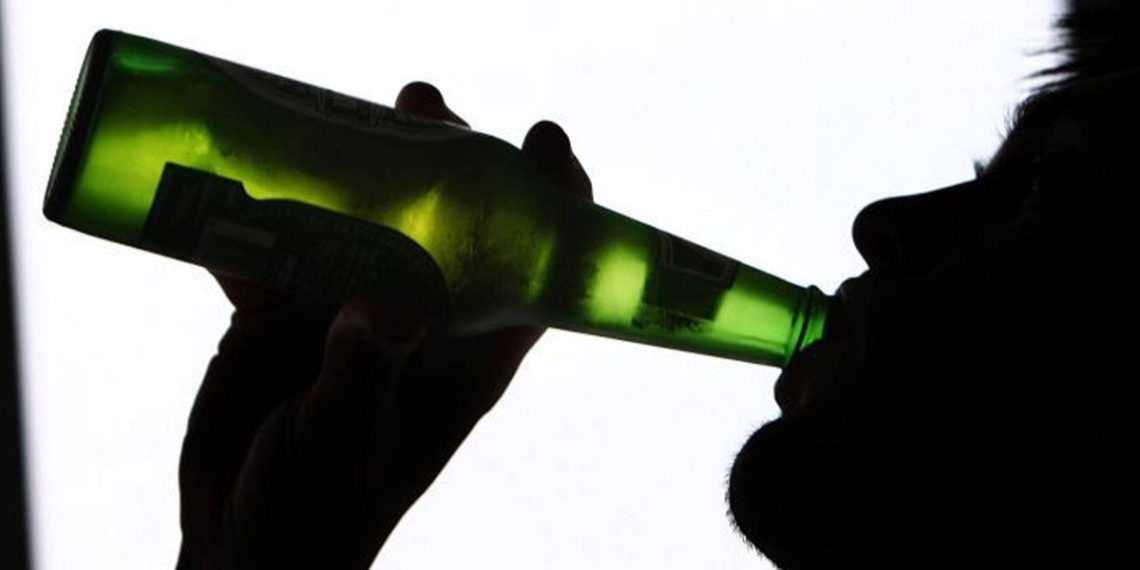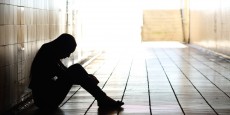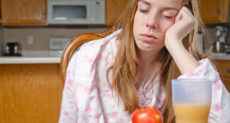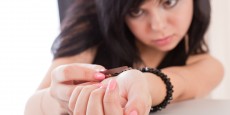
*The following is excerpted from an online article posted on PsychCentral.
A researcher at the University of Houston has been examining a growing trend among college students known as “drunkorexia.” This non-medical term refers to the combination of drinking alcohol and engaging in diet-related behaviors such as food restriction, excessive exercising, or bingeing and purging.
For these students, the purpose of restricting food intake while drinking is often to allow more calories for alcohol and/or to allow alcohol to enter the bloodstream more quickly.
“Drunkorexia refers to a complex pattern of drinking-related behaviors that take place before, during, and after a drinking event,” explained Dipali V. Rinker, a research assistant professor in the department of psychology at the University of Houston.
“College students appear to engage in these behaviors to increase alcohol effects or reduce alcohol-related calories by engaging in bulimic-type or diet/exercising/calorie/restricted eating behaviors.”
The findings were presented at the 39th Annual Research Society on Alcoholism in New Orleans.
Rinker said her research is designed to flesh out the definition of drunkorexia as well as identify different types of “drunkorexic” behaviors. She added that these types of behaviors may result in a number of problems.
“Potential outcomes may include less inhibition that could lead to more negative alcohol-related consequences,” she said. “Additionally, restricting caloric intake to those from alcohol could lead to vitamin depletion, as it may keep the individual from eating more nutrient-dense foods.”
Although the study showed some gender differences in drinking habits, the association between gender and drunkorexia is a complex one, she noted.
“While it is clear that college women who drink more are more likely than men to engage in bulimic-type behaviors, and with greater frequency, and to experience more alcohol-related problems as a result of these behaviors, there were no gender differences for engaging in drunkorexia to increase the effects of alcohol or engaging in bulimic-type behaviors to compensate for alcohol-related calories,” said Rinker.
She went on to report that in some cases, men were more likely to engage in bulimic-type and diet/exercising/calorie-restricted eating behaviors to reduce alcohol-related calories. She added that more research is necessary to gain a better understanding of these differences.
Source: PsychCentral
http://psychcentral.com/news/2016/07/01/drunkorexia-when-college-students-eat-less-so-they-can-drink-more/105903.html
Source: Homeword







